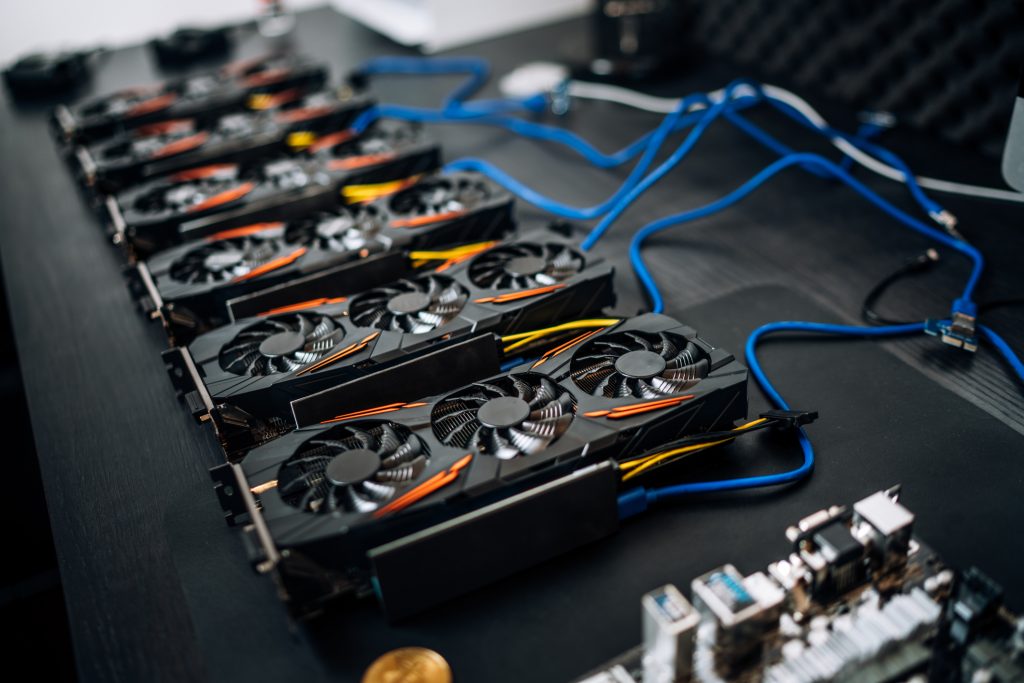Federal Grant Allows Florida Tech to Add High-Performance Computers
A team of Florida Tech faculty members has secured a National Science Foundation grant for $569,921 to fund the acquisition of a high-performance computer cluster which will serve as the hardware backbone of a computational science and engineering center the team will develop on campus.
The team is led by aerospace, physics and space sciences professor Marc Baarmand and includes chemistry assistant professor Roberto Peverati, mathematical sciences associate professor and head Munevver Subasi, computer engineering and sciences professor Debasis Mitra, computer engineering and sciences associate professor Phillip Chan, computer engineering and sciences assistant professor Ersoy Subasi, aerospace, physics and space sciences professor Ming Zhang, ocean engineering and marine sciences professor Steven Lazarus and computer engineering and sciences professor Marius Silaghi.
Big data, defined as extremely large data sets that can be analyzed computationally to reveal patterns, trends and associations, is in increasingly important facet of science and engineering research. Florida Tech researchers are working to advance the university’s computational tools, capacity and speed of computing machines to fully utilize this powerful tool.

The university is working to launch a multidisciplinary and interdisciplinary center with a computer cluster equipped with the latest technologies for high-performance computing (HPC) and data storage that will allow faculty, research staff and students to work in a collaborative environment to create new and innovative algorithms and techniques utilizing artificial intelligence (AI) and machine learning for conducting computational-intensive and big-data research in science and engineering disciplines.
The center will also address some of the future demands of hardware, AI and machine learning on both shallow and deep levels. Future growth projections see computer-based scientific investigation having a significant presence in multiple disciplines, and the Baarmand-led team reflects that. The team would like to implement the center in the next three years.
“In science and engineering, it’s growing very rapidly in many applications,” Baarmand said. “It’s people from chemistry, physics, biomedical, climate sciences. We have a diverse group of faculty, and from the get-go we wanted the computer center to be multipurpose for everyone to use.”

The current HPC design includes a farm of graphics processing units using NVIDIA A100 accelerators and several computing and high-memory clusters. The HPC will be housed at the Florida Tech Datacenter in the Olin Engineering Complex building. There is a 10-gigabyte network in the datacenter now with plans to boost the external network connectivity to a powerful 100 gigabytes in the future.
In previous generations, data were analyzed by looking for specific information. With current machine learning and artificial intelligence, the algorithms learn and parse the volume of data autonomously, creating a map for researchers based off what is discovered through the computations. While there are already many algorithms to different applications, Baarmand sees today’s work as just the tip of the iceberg, with faculty and students coming together with new ideas and advancing computational models to meet future demand. He also emphasized how forming collaborations with industry partners in this region is a key step.
“It’s one thing to say we have the present tools available to conduct research with the available data, but certainly just as important is that we will need to develop and prepare new tools so as we go forward we will come to new ways of doing machine learning,” Baarmand said.





